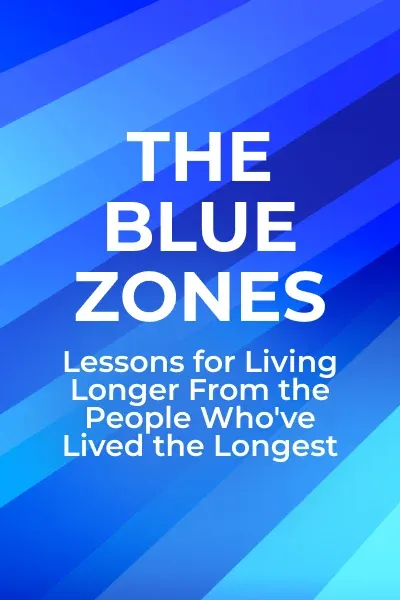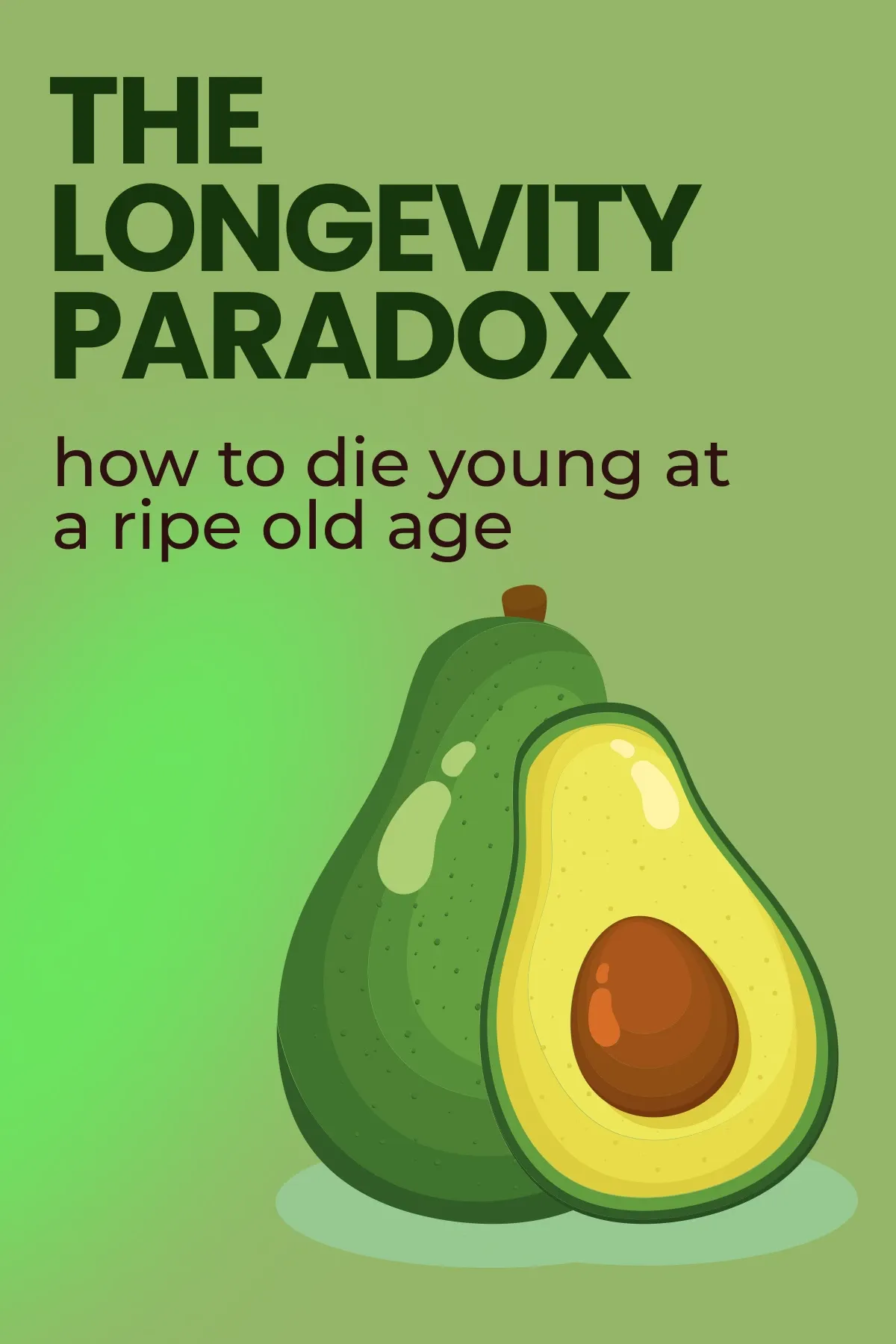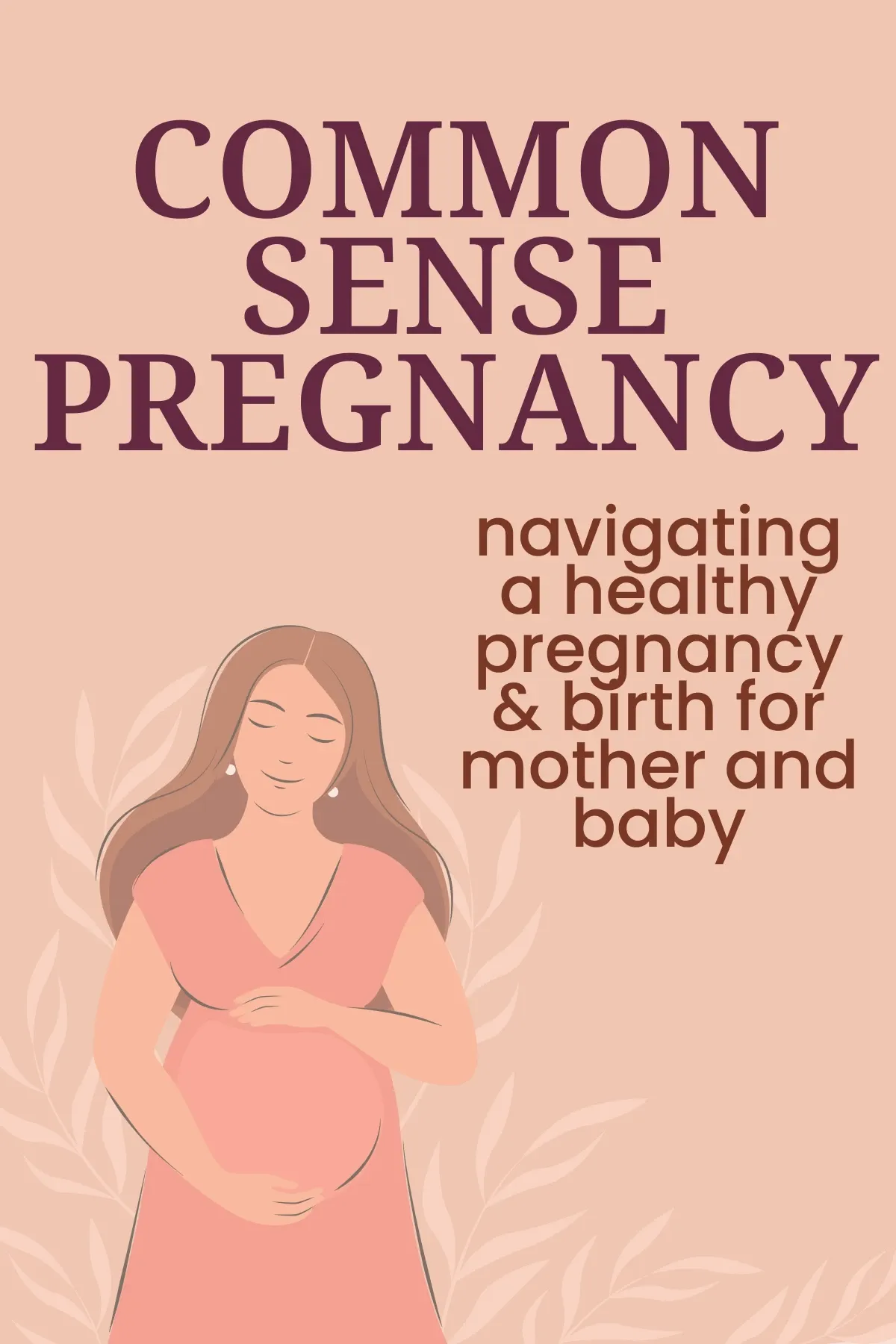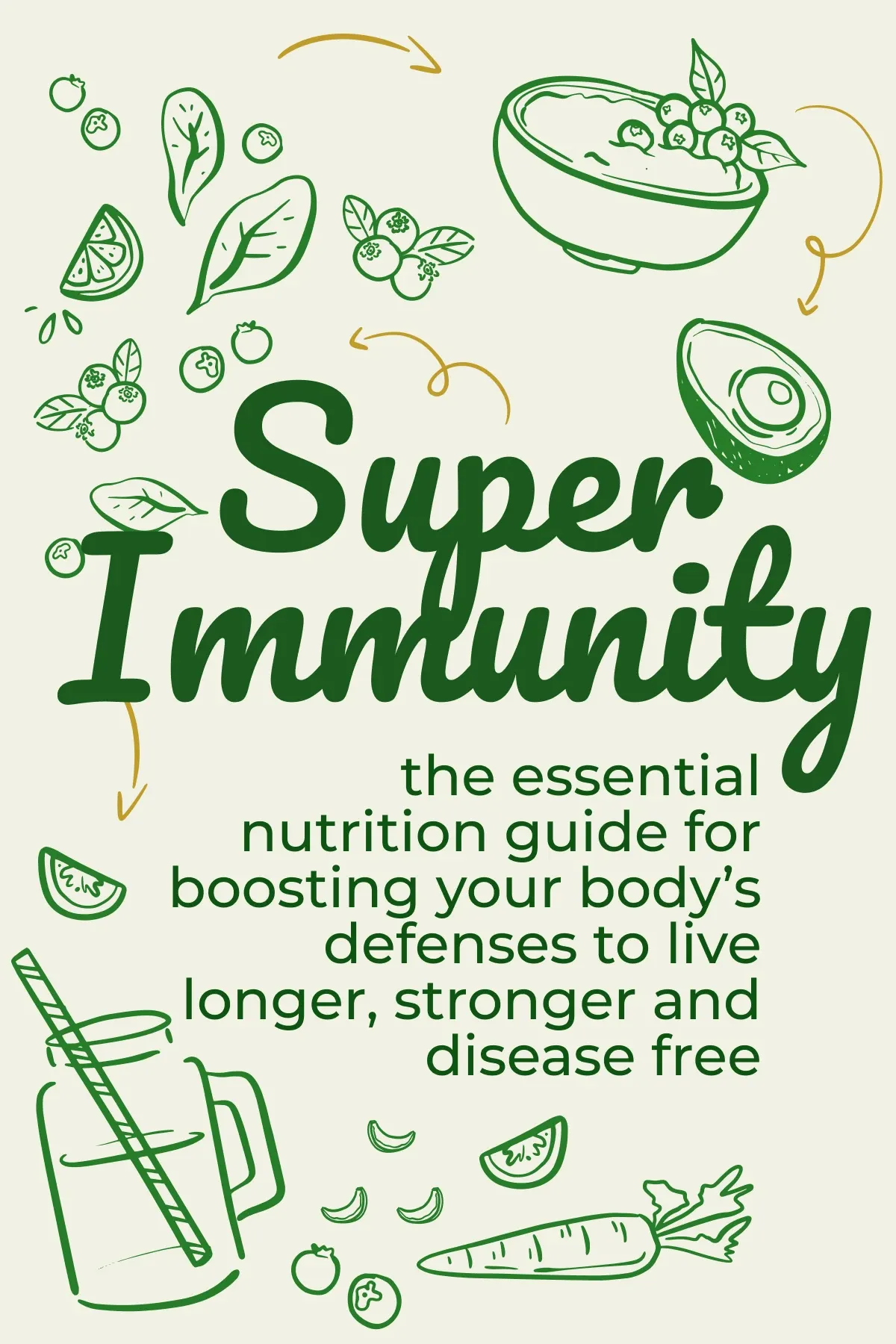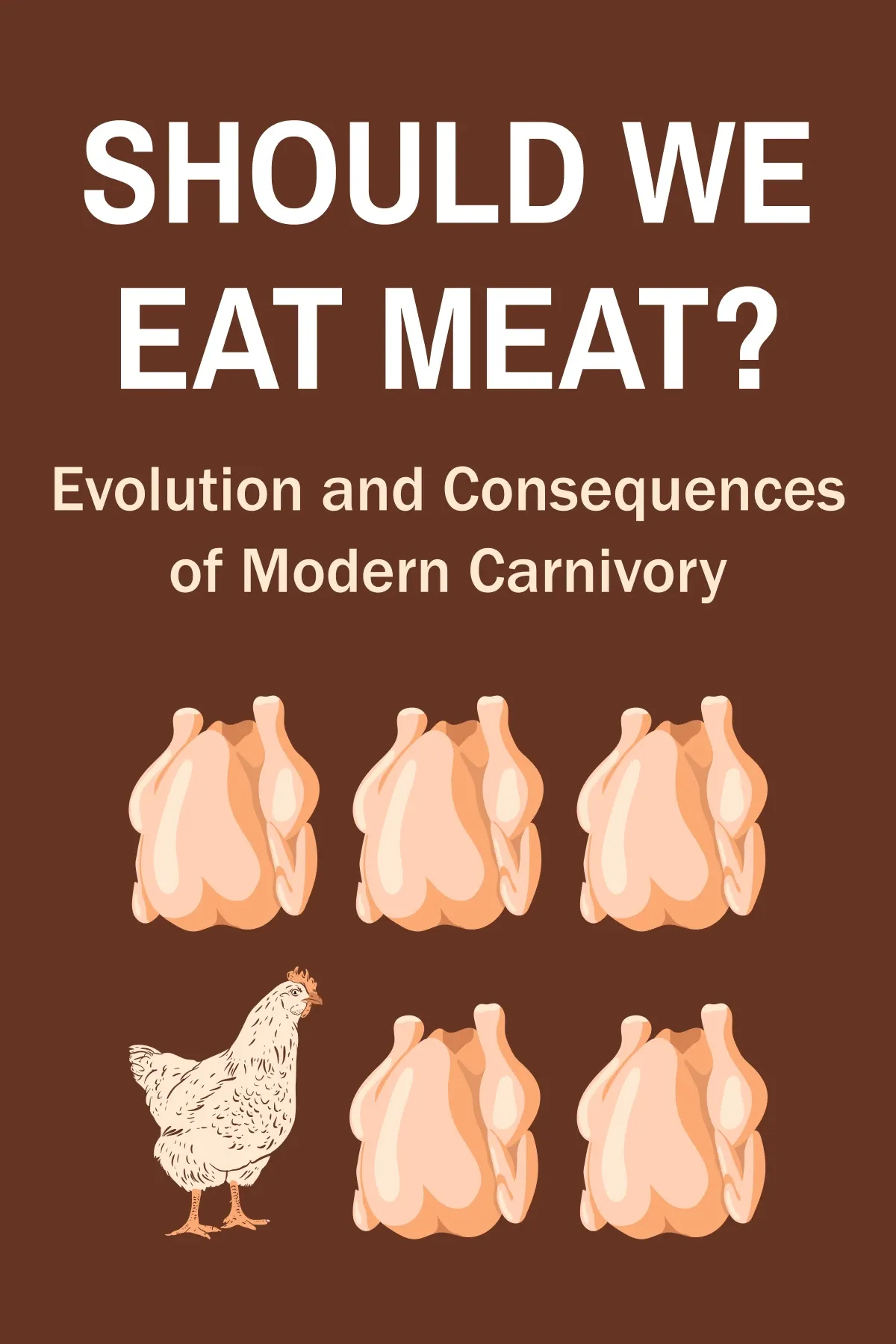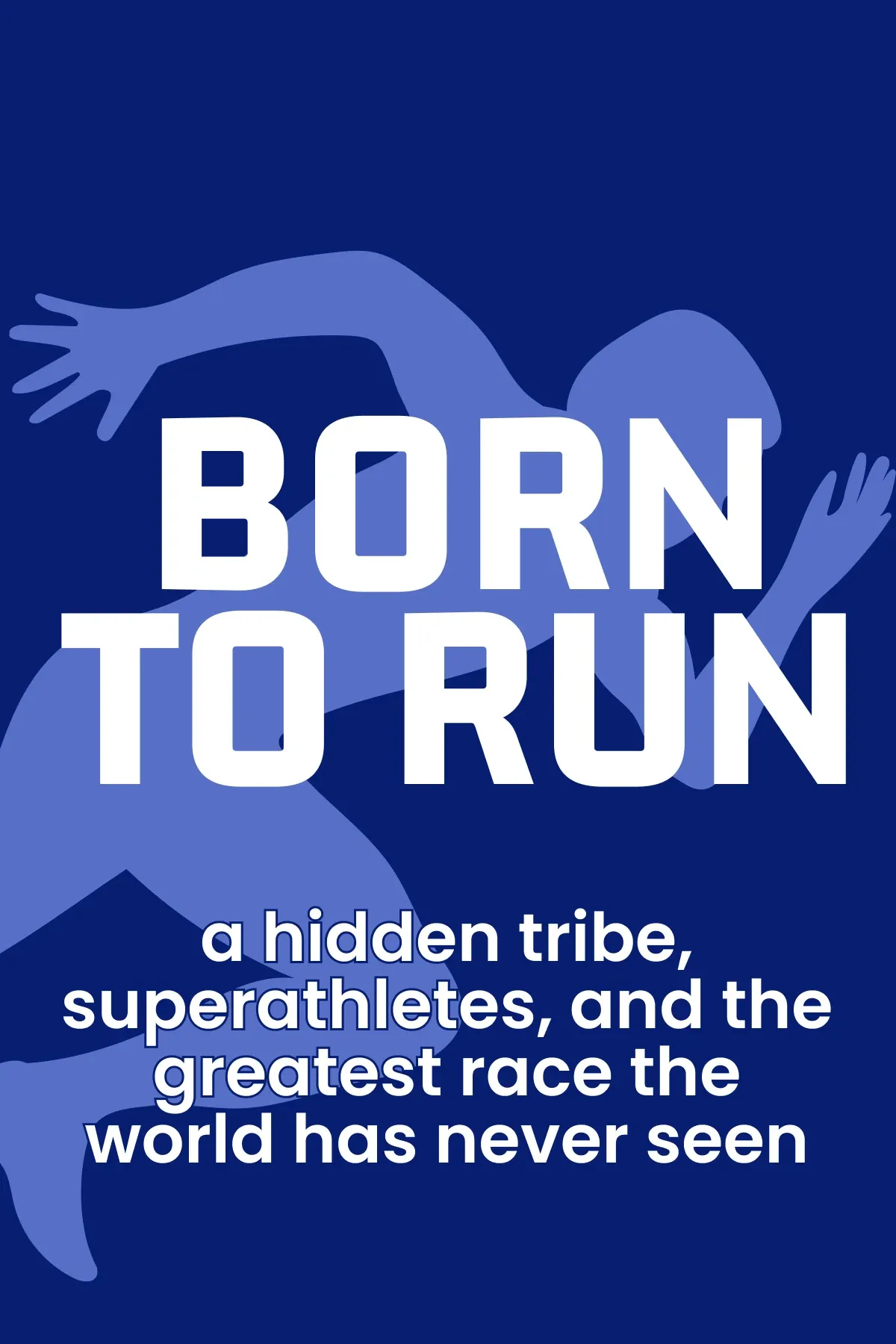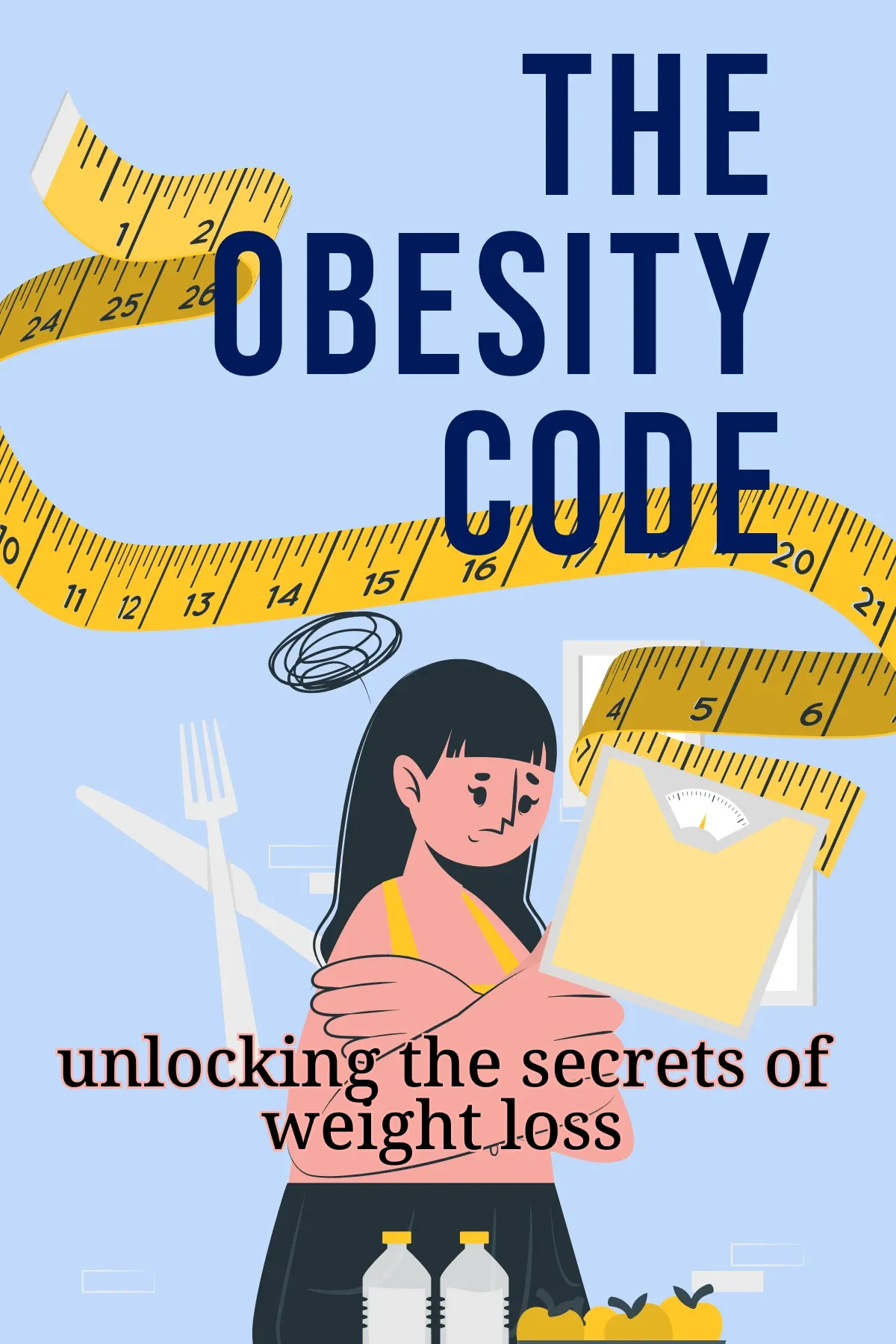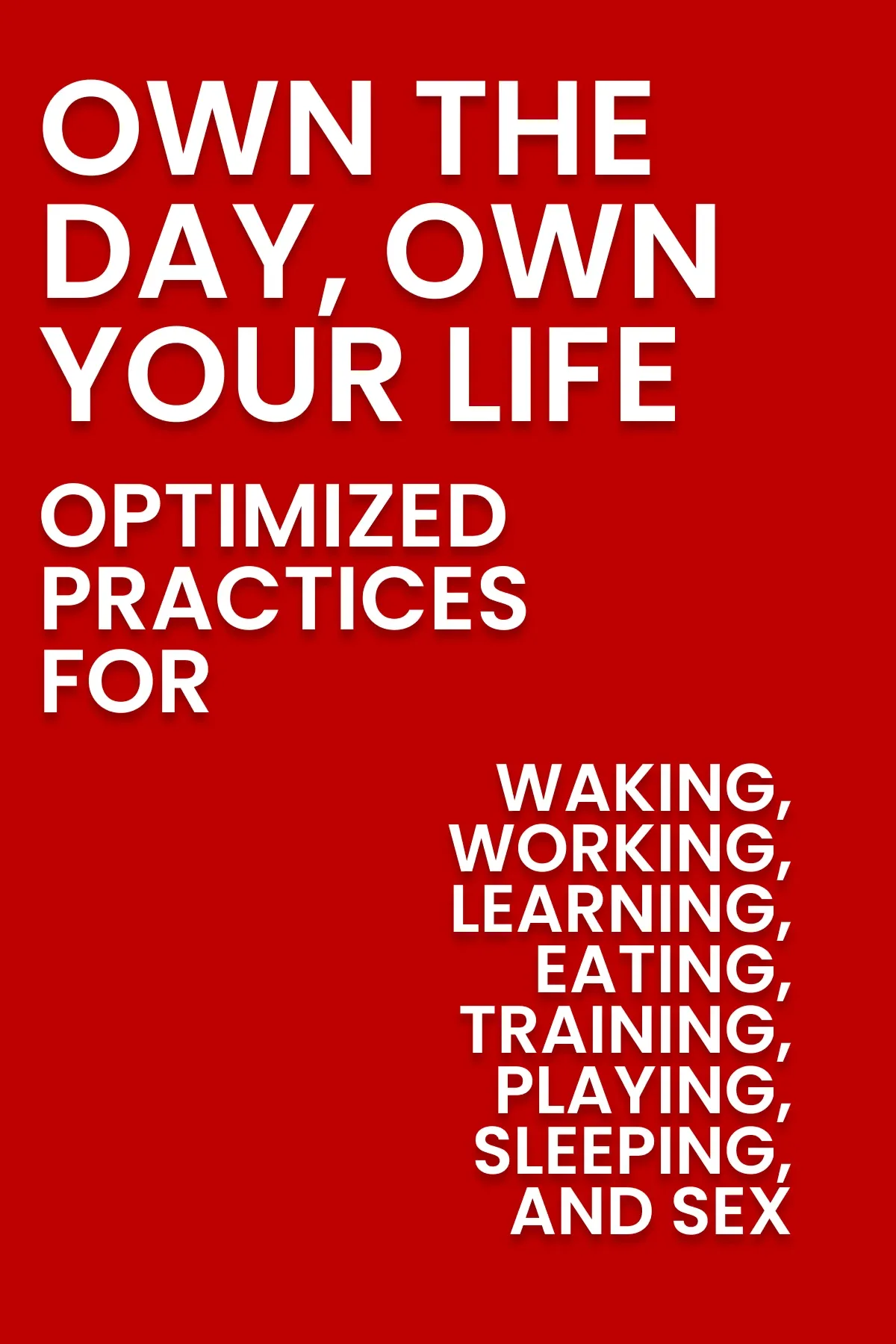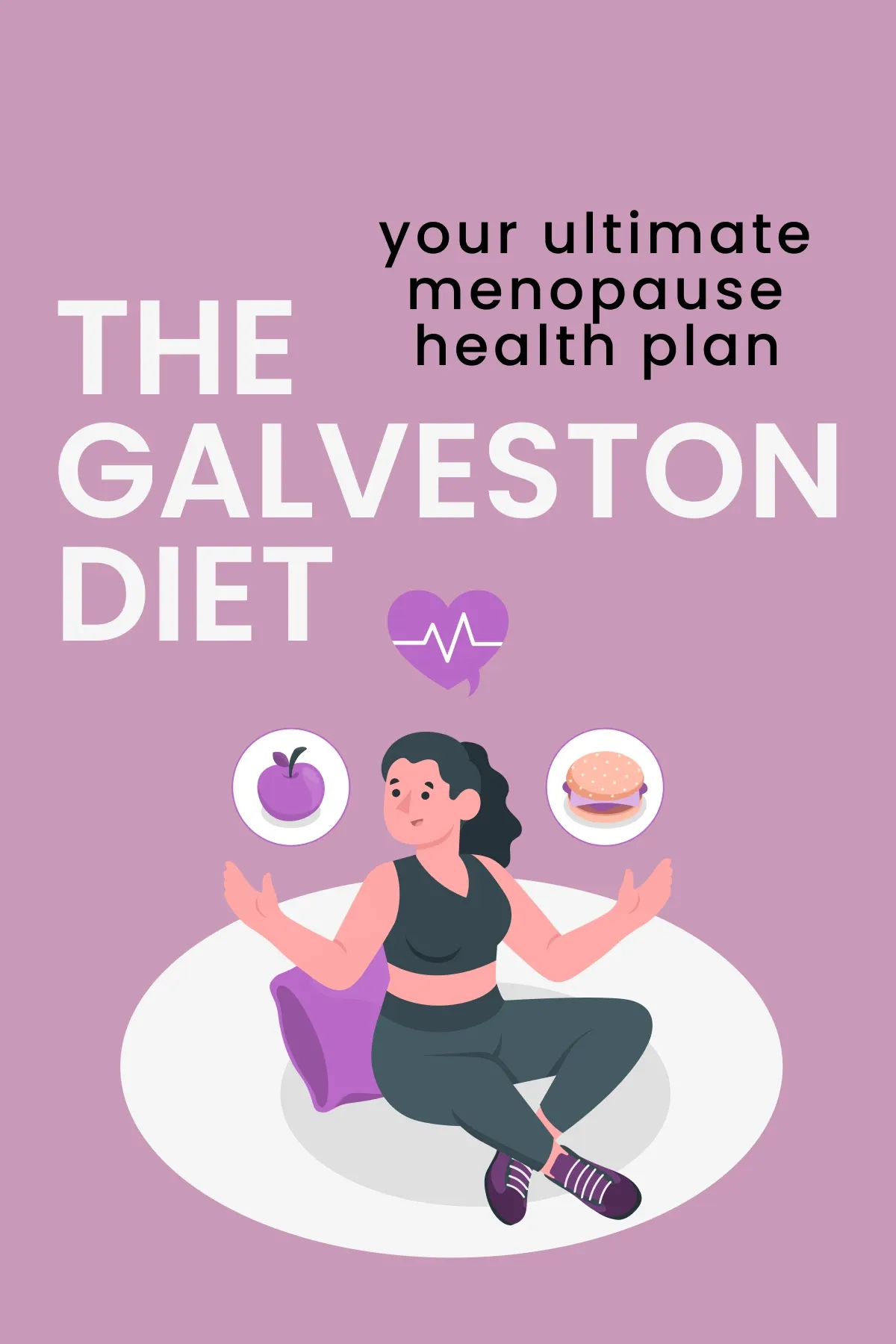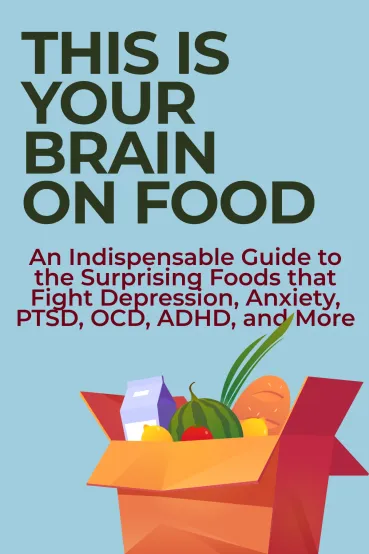
This Is Your Brain on Food
Brief Summary
“This Is Your Brain on Food” by Uma Naido will show you the connection between your diet and mental health. You’ll learn how your daily food choices impact your brain function, emotions, and overall mental well-being. Get ready to transform your diet and, in turn, your life!
Key points
Key idea 1 of 7
Our physical and mental states are inextricably linked. Many factors influence our physical condition, but the most significant one is food. We are what we eat – even certain studies prove this. Given food's impact on us, we need to take care of our stomach and intestinal health.
Research has shown that changes in gut bacteria can lead to disorders such as depression. People with depression often have many more gut-related complaints due to an increase in inflammation-causing bacteria. This is likely because the depressive state affects your eating habits. Depression can either cause a lack of appetite, leading to skipped meals or trigger cravings for unhealthy food. From a scientific point of view, this may be due to fluctuations in neurotransmitters such as serotonin.
An unhealthy diet can lead to overfeeding yeast and candida in the body. That’s why it’s crucial to limit the consumption of foods high in sugar, high-glycemic carbohydrates, artificial sweeteners, fried foods, trans fats, and nitrates. Instead, our diet should include probiotics and prebiotics, which regulate the digestive system, lower cortisol levels, and make us more stress-resistant.
Fortunately, we have the power to regulate our well-being by choosing the right foods. For instance, vitamins play a vital role in our health. Vitamin C is essential for the proper functioning of many systems, including the nervous system. Supplementation with high doses of vitamin C can limit adverse changes in the nervous system. Similarly, vitamin A is an essential nutrient for good vision, growth, cell division, and immunity.
The body has a limited ability to store most B vitamins. The exceptions are B12 and folic acid, which are stored in the liver. B12 is vital for neurological functions, DNA production, and red blood cell development. It is found in animal sources such as meat, eggs, seafood, and dairy products. B6 is involved in amino acid metabolism, red blood cell production, and the creation of neurotransmitters. Foods high in this vitamin include chickpeas, salmon, and potatoes.
Minerals like iron and magnesium are also essential. Iron, a component of many proteins, affects mood and information perception. Magnesium helps to overcome stress and is vital to overcoming depression. But you shouldn't avoid traditional medicine, which offers herbal treatments. Saffron and oregano help fight depression, too. They and many other herbs and spices contain antioxidants.
FAQ
You may also like these summaries


